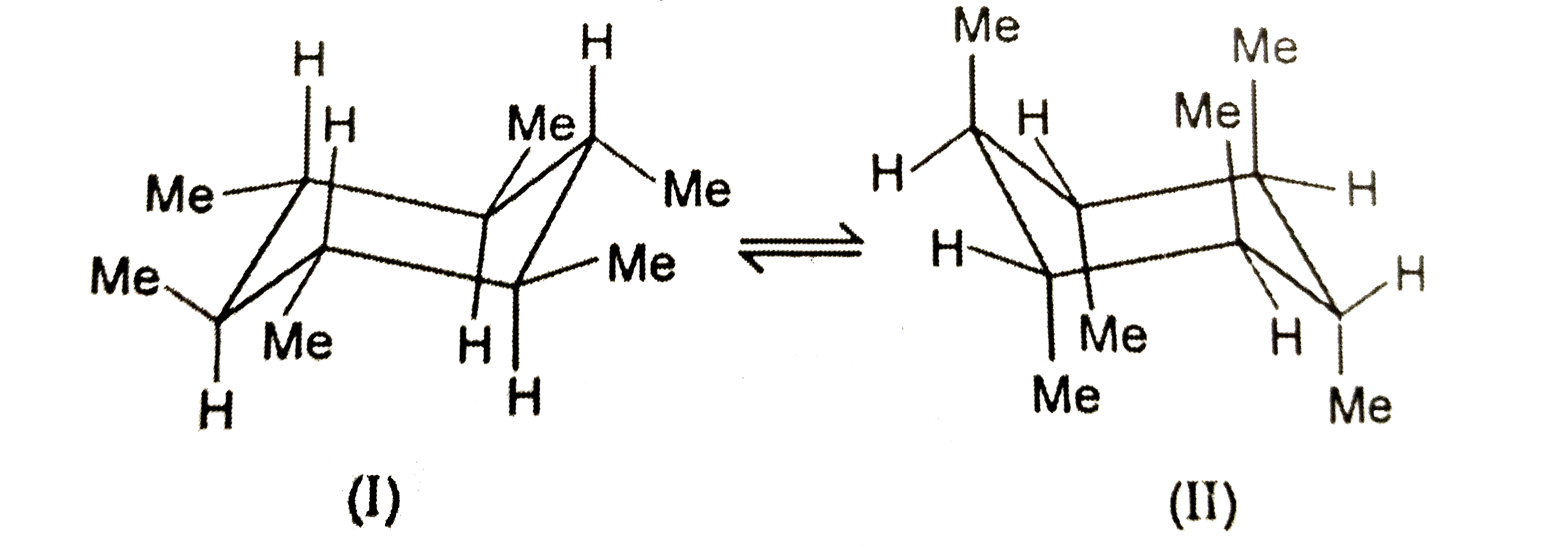Why are enzymes specific, and why can not each one speed up many different reactions?
Step-by-Step Text Solution:
1. Understanding Enzyme Specificity: Enzymes are biological catalysts that speed up chemical reactions in living organisms. Each enzyme is specific to a particular reaction. This specificity is due to the unique structure of each enzyme.
2. Active Site Structure: Each enzyme has a region called the active site. The active site is a specific area on the enzyme that has a unique shape and size. This shape is crucial because it determines which substrate (the molecule upon which an enzyme acts) can bind to the enzyme.
3. Lock and Key Model: The relationship between an enzyme and its substrate can be likened to a lock and key. The active site (the lock) is shaped in such a way that only a specific substrate (the key) can fit into it. If the substrate does not have the correct shape, it will not fit into the active site, and therefore, the enzyme cannot catalyze the reaction.
4. Why Enzymes Cannot Catalyze Multiple Reactions: Because of this specificity, each enzyme can only catalyze one type of reaction or a set of closely related reactions. If an enzyme were to try to catalyze a reaction with a substrate that does not fit its active site, the reaction would not occur. This is why enzymes cannot speed up many different reactions.
5. Conclusion: In summary, enzymes are specific due to the unique shape of their active sites, which allows only specific substrates to bind and undergo a reaction. This specificity is essential for the proper functioning of metabolic processes in living organisms.
Topper's Solved these Questions
- BIOMOLECULESBOOK - ICSECHAPTER - BIOMOLECULESEXERCISE - TEST YOUR PROGRESS (SHORT/LONG ANSWER TYPE QUESTIONS)
1 Videos
- BIOMOLECULESBOOK - ICSECHAPTER - BIOMOLECULESEXERCISE - TEST YOUR PROGRESS (HIGHER ORDER THINKING SKILLS QUESTIONS)
8 Videos
- BIOMOLECULESBOOK - ICSECHAPTER - BIOMOLECULESEXERCISE - TEST YOUR PROGRESS (VERY SHORT ANSWER TYPE QUESTIONS)
77 Videos
- BIOLOGY ISC SAMPLE QUESTION PAPER 2019BOOK - ICSECHAPTER - BIOLOGY ISC SAMPLE QUESTION PAPER 2019EXERCISE - PART-II (SECTION -C)
6 Videos
- BODY FLUIDS AND CIRCULATIONBOOK - ICSECHAPTER - BODY FLUIDS AND CIRCULATIONEXERCISE - DIFFRENTIATE BETWEEN
13 Videos
Similar Questions
Which one is more stable and why?

View SolutionWhat are the two specific heat capacities of a gas and why are they different? Find the difference between the two molar heat capacities in terms of the constant R.
View SolutionThere are 3 books of mathematics, 4 of science, and 5 of literature. How many different collections can be made such that each collection consists of one book of each subject.
View SolutionWhy Mendel can be considered lucky ?
View SolutionSix X 's have to be placed in the squares of the figure below, such that each row contains atleast one X. in how many different ways can this be done?

View SolutionWhy do different planets have different escape speeds?
View SolutionWhat is meant by thermonuclear reactions and why are they so called ? Why are these reactions not useful for peaceful purposes ?
View SolutionA flute contains a number of holes of different positions Why?
View SolutionWhy are xylem and phloem called complex tissues? How are they different from one other?
View SolutionA rod is heated at one end as shown in figure. In steady state temperature of different sections becomes constant but not same. Why so?
 .
.
View Solution
